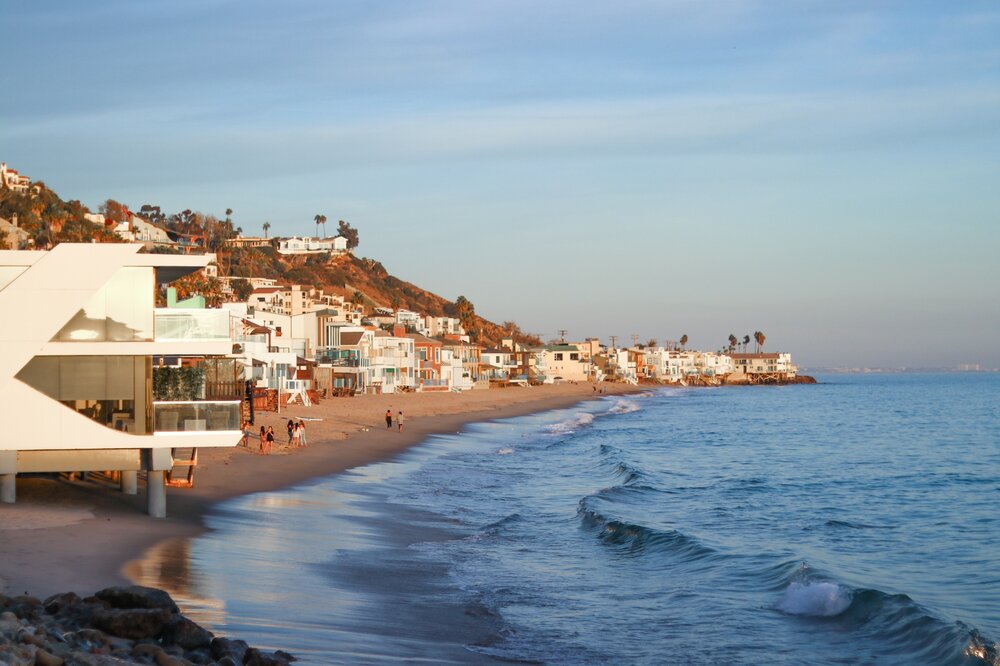(Editor’s note: this story, by Clara Harter, was originally printed March 29 in the Santa Monica Daily Press and is reprinted with permission.)

Malibu proposes offering shelter for homeless outside of the town limits.
Malibu, like the rest of Los Angeles County, has seen an uptick in its homeless population, but Malibu City Council’s proposed solution to the crisis looks very different from strategies deployed in the rest of LA.
Malibu City Council seeks to address the crisis by transporting individuals experiencing homelessness to a shelter that offers services, but does not intend on hosting that shelter inside of Malibu.
In a March 24 meeting, Malibu City Council Members voted unanimously to have the City’s Homeless Task Force pursue its proposal to establish an alternative sleeping location outside of city limits. The intended goal of the ASL is to provide a location for Malibu’s unhoused population to temporarily and safely shelter in and in turn make it easier for the sheriff’s department to enforce the City’s no camping ordinance.
“The concept of an ASL is meant to address concerns about our ability to enforce the City’s camping ordinance stemming from the 2018 Ninth Circuit Court of Appeals ruling in the Martin vs. Boise case that ‘bars a city from prosecuting people criminally for sleeping outside on public property when those people have no home or other shelter to go to’,” states the task force’s report to City Council.
The task force report suggests establishing an ASL with a minimum of six and a maximum of 30 beds within 20 miles of the Los Angeles County Sheriff’s Department Lost Hills Station. The task force believes that 30 beds are enough to address the needs of the portion of Malibu’s roughly 140 unhoused residents that are willing to accept services and abide by the ASL’s rules. The task force also believes that 20 miles is the maximum distance from the City that would still enable LASD to enforce the City’s camping ordinance in line with the Boise ruling.
The reason stated in the report for locating the ASL outside of Malibu is the limited availability of services and affordable housing in Malibu. These include public transportation, medical facilities, mental health and substance use treatment facilities, potential employment opportunities and continuing education/vocational training.
This begs the question why not establish some of these services in Malibu? A concern cited in the meeting is that building housing and services will not solve Malibu’s homelessness, but rather attract more unhoused residents.
“If we build it here, they will come because this is a great place to live… if you are just choosing to live unhoused, and by the way there’s a lot of people choosing to live unhoused, why not choose to live unhoused in Malibu if they’re inviting you to come do it?” said Councilmember Bruce Silverstein, later adding, “I don’t believe that the people of Malibu have a moral obligation to help people who come to Malibu in an unhoused state and choose to impose themselves on our residents.”
Silverstein also said that he did not want any City funding to go towards the ASL and that it should instead be funded through county, state or federal money.
“It’s a federal, state or county responsibility to solve the problem of homelessness or to tackle the problem of homelessness, we cannot do it,” said Silverstein, later adding “I’m opposed to Malibu spending one dime to address efforts to ‘solve’ homelessness issues or to assist anyone living unhoused in Malibu who was not a formerly housed resident of Malibu.”
The task force has yet to calculate the cost of an ASL nor specifically identify where funding would come from.
I think we should explore funding…grant funding etc. is going to be really helpful to this project because I don’t think it’s going to be cheap and we don’t even have a line item in the budget for it at this point, said Councilmember Mikke Pierson.
The report indicated that some funding may be available from the Los Angeles Homeless Services Authority or Measure H.
Following unanimous council support, the task force will pursue plans to establish an ASL outside of Malibu and return to Council at a later date with a formal proposal.

This makes total sense. Moreover Malibu is too small to create all the services that would be needed.